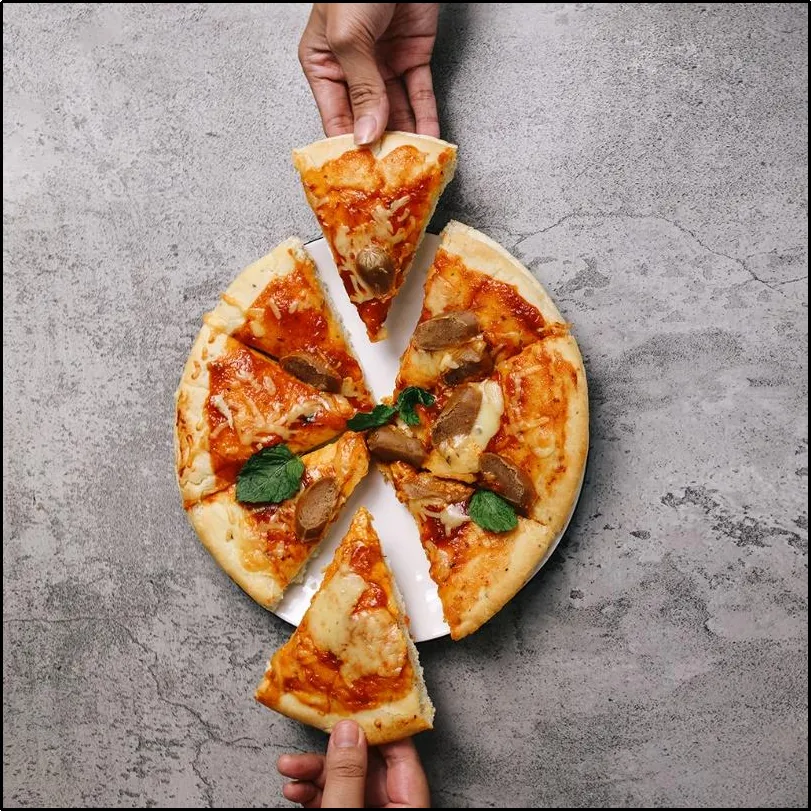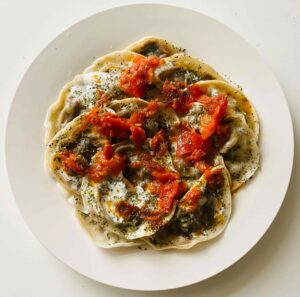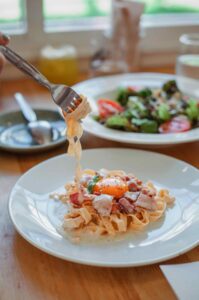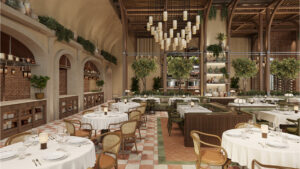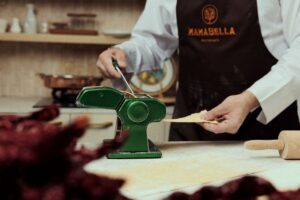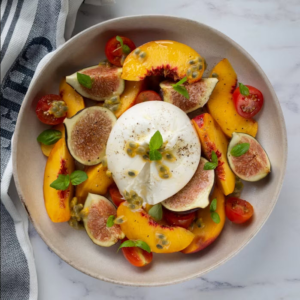For many food lovers, Italian cuisine is more than just a meal. It’s a deeply rooted cultural experience. From the aroma of slow-simmered sauces to the texture of handmade pasta, there is a yearning for the kind of authenticity that transports one straight to the heart of Rome, Naples, or Tuscany. In a cosmopolitan city like Dubai, many diners find themselves asking: How authentic is the Italian cuisine served here? This question reflects not only a desire for delicious food but also a deeper longing for the genuine, time-honored traditions that define Italian culinary heritage.
With countless restaurants claiming to offer “authentic” Italian fare, it’s natural for diners to wonder what truly sets a genuine experience apart. Is it the ingredients, the techniques, or perhaps the chef’s lineage? In this article, we explore the cultural, historical, and gastronomic elements that shape Italian cuisine in Dubai, so you can dine with confidence and appreciation. Stay with us as we uncover the truth behind the menus and guide you through what makes Italian dining in Dubai truly authentic or not.
The Three Pillars of Authentic Italian Cuisine
Debates about authenticity in Italian cuisine usually hinge on three pillars: ingredients, technique, and ethos. Imported San Marzano tomatoes, Ligurian olive oil, D.O.P. cheeses, and stone-milled “doppio-zero” flour contribute to the flavor profile. The technique follows: long-fermented dough, quick pan-tossed pasta, and a raw oil finish. Ethos means respect: letting the product speak without clutter. Honor at least two pillars and you taste Italy; honor all three and you earn a loyal following.
Most well-regarded restaurants in Dubai respect at least two of these pillars of Italian food culture. The boldest insist on all three, accepting the higher costs of importing, training, and time. Others soften strict rules to suit local palates, using halal meats, for instance, or dialing back garlic for guests unaccustomed to its assertiveness. Purists may raise an eyebrow, but such tweaks reflect Dubai’s role as a cultural crossroads rather than disrespect for tradition.
From Italy to Dubai: The Journey of Ingredients
Most dairy, cured meats, and grains arrive weekly by air freight from Italy, while hydroponic farms in the UAE now grow Genovese basil and figs under glass. This mix of imports and homegrown produce keeps menus seasonal despite the desert heat.
Because shipping delays can spoil delicate produce, kitchen teams often hold “ingredient contingency drills,” planning backups like locally produced ricotta that rivals Italian imports in freshness. Diners may unknowingly taste a dish slightly different from its Italian counterpart, yet the skillful balance between local freshness and imported terroir often delivers a flavor that feels convincing.
How Atmosphere and Service Shape Italian Dining in Dubai
Ambience matters too. Walk into a ristorante on Bluewaters Island and a maître d’ greets you in Italian, offers Prosecco, and invites you to move around before offering the best pizza in Dubai.
In casual trattorias of Al Wasl, staff swap between Arabic, English, and Italian, spreading the warmth of a family table. Some venues, however, favor ornate marble and showy service that dazzles tourists but feels less like a corner eatery in Bologna.
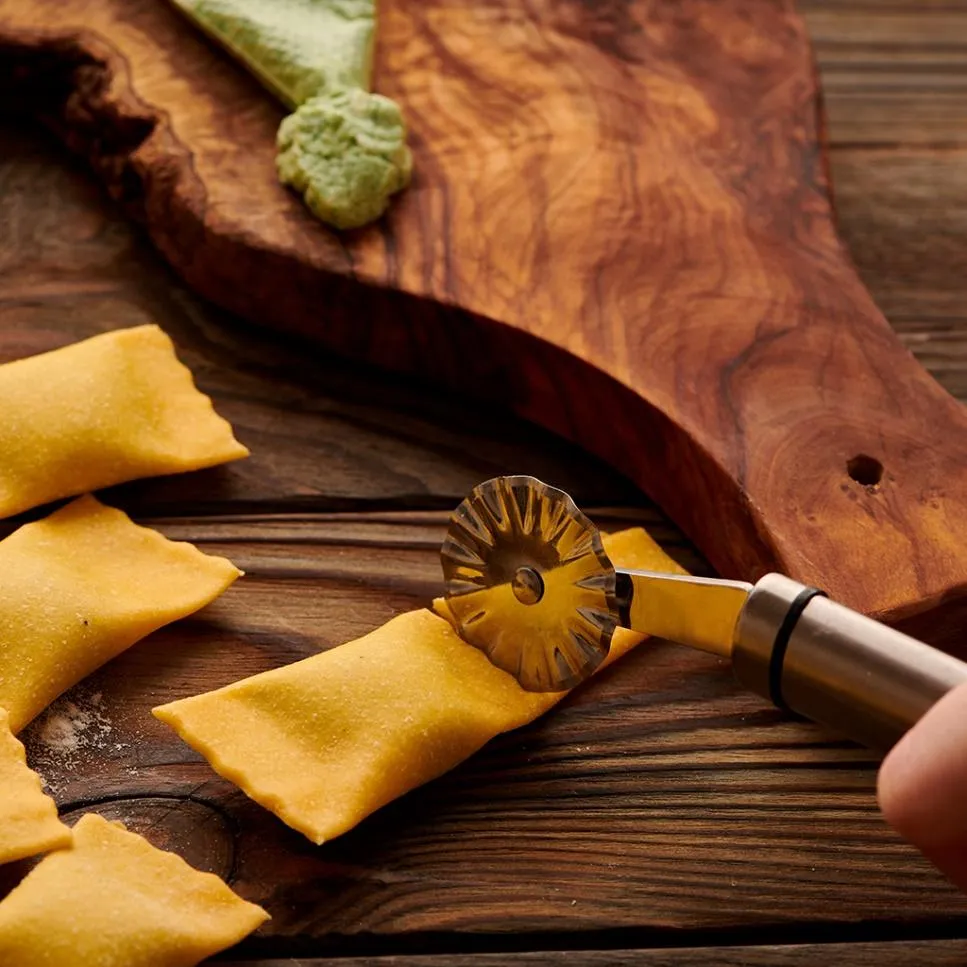
Dubai’s residents hail from over 200 nationalities. Many arrive with preconceived notions of cuisine in Italian form, often filtered through American chains or tourist traps. Restaurateurs must respect these expectations while nudging guests toward discovery. Thus, menus pair familiar favorites like fettuccine Alfredo (rarely seen in Italy) with regional gems such as cacio e pepe or Sicilian caponata. Over time, a diner who first ordered “safe” pasta may graduate to trying tripe alla Fiorentina or venison ragù.
Feedback culture, amplified by social media, also pressures chefs. A single viral review can propel an obscure eatery to fame overnight, as happened in late 2024 when a TikTok influencer praised a hidden Neapolitan pizzeria in Al Quoz for its perfectly blistered cornicione. Within a week, reservations tripled, encouraging more pizzerias to adopt wood-fired ovens certified by the Associazione Verace Pizza Napoletana.
Authenticity at Every Price Point
The best Italian cuisine in Dubai spans extreme price points. A ten-course tasting at a skyline restaurant may cost more than a weekend getaway, while a humble panino stuffed with mortadella at a kiosk near the Gold Souk goes for pocket change. Curiously, both ends of the spectrum can claim authenticity. The tasting menu may spotlight obscure regional farms, while the sandwich upholds the Italian street-food tradition of satisfying hunger without fuss.
For many office workers, Friday lunch at an all-you-can-eat buffet labeled “Italian” might be the most accessible gateway. These buffets often dilute flavors for mass appeal, yet they play a role in widening exposure. Gradual curiosity then steers diners to specialized venues that take deeper pride in craft.
Local Chefs, Global Training: Dubai’s New Italian Story
While international names often steal the spotlight, a quiet revolution is unfolding across Dubai’s culinary landscape, led by homegrown chefs who champion substance over spectacle. Some have honed their craft in Roman culinary schools; others are self-taught, driven by passion rather than pedigree.
These chefs make pilgrimages to Italy not just to taste, but to train learning the art of butchery in Modena, hand-harvesting olives in Puglia, or mastering dough techniques in the alleys of Naples. They return not merely inspired, but deeply equipped. The result is a new kind of authenticity one that’s not imported, but cultivated. It’s born from experience, rooted in respect, and brought to life by chefs who bridge two cultures to create something distinctly their own on local soil.
The Sliding Scale of Authenticity in Dubai’s Italian Food
So, how authentic is Italian cuisine in Dubai? The answer lies on a sliding scale, influenced by personal expectations. If authenticity means ingredients with European D.O.P. seals, award-winning chefs, and ornate dining rooms, Dubai can deliver. If it means the unassuming comfort of rustic Italian cuisine dishes seasoned with storytelling and family laughter, Dubai can also deliver, provided you know where to look.
A Diner’s Guide to Spotting Genuine Italian Cuisine in Dubai
For diners who want the real thing, knowing how to recognize authenticity is essential. While many restaurants use Italian-sounding names and décor, a few key indicators can help you identify whether a venue truly honors Italian culinary traditions or simply imitates them for mass appeal. Start with the menu. Authentic cuisine in Italian emphasizes simplicity and regional identity. Look for dishes that highlight a few but high-quality ingredients like spaghetti aglio e olio, panzanella, or ossobuco alla Milanese.
Avoid menus overloaded with cream-based pastas, fusion dishes, or pan-Italian offerings that lump Tuscany, Sicily, and Rome into one page. Next, consider the structure of the meal. Traditional Italian menus are organized by antipasti, primi, secondi, and dolci, a small but telling sign of authenticity. Ask about the origin of the ingredients or preparation methods. Staff in truly authentic establishments are often eager to explain their process. Whether they import D.O.P. cheeses, age their balsamic vinegar, or follow a grandmother’s ragù recipe from Emilia-Romagna.
Finally, look for Italian-speaking staff or chefs, Italian music that doesn’t feel staged, and small cultural touches, like a complimentary limoncello or handmade grissini, which reveal the restaurant’s deeper commitment to tradition.
Conclusion
Dubai’s culinary scene mirrors its skyline, shining, ambitious, and always under construction. Among the bright lights, Italian cuisine has planted deep roots, proving adaptable yet fiercely proud. Whether you fork into a meticulously composed risotto at a grand hotel or share a pizza on the beach, remember that authenticity is as much about intention as geography. Fancy tasting that harmony? Call Mama Bella at +999 999 99 99 or email contact@mamabella.co and let tomorrow’s dinner taste like Italy, right here in Dubai.
